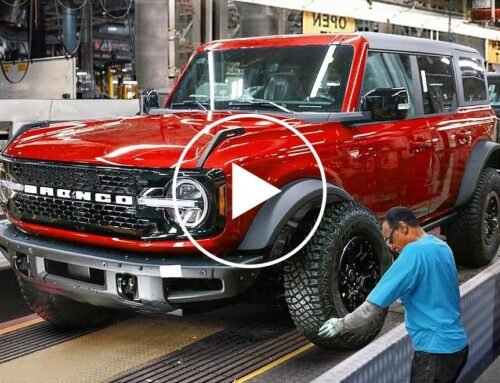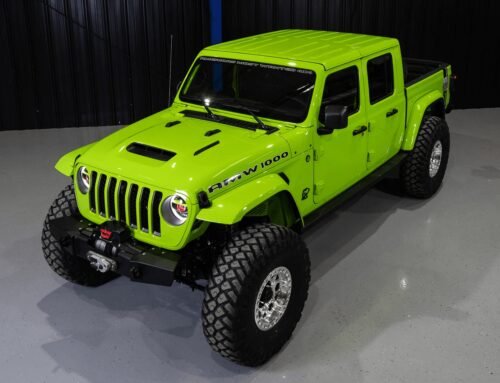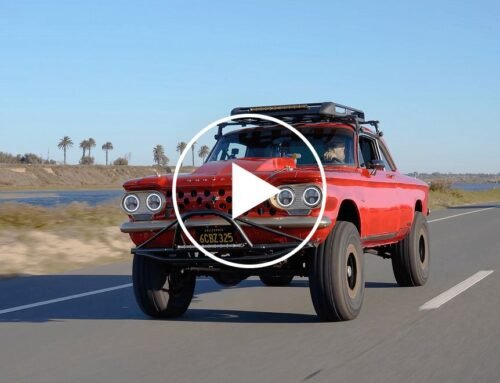An even better version is coming.
Things are taking shape regarding the future of the Aston Martin Valhalla mid-engined supercar. Revealed at the 2019 Geneva Motor Show in concept form, the Valhalla slots beneath the Valkyrie flagship as a track-focused daily driver. Although Aston Martin is still working to resolve its troubling finances, production-spec Valhalla development continues.
Last November, recently appointed CEO Tobias Moers said the Valhalla’s hybrid V6 powerplant may be dropped for unspecified reasons. Nor did he offer a potential replacement engine. Speaking to gathered investors for the automaker’s 2020 financial results, Moers confirmed some juicy Valhalla details. “We will have the Valhalla with us in the second half of 2023, and it’s going to be an amazing car with breathtaking technology,” he said.
“With the transformational technology agreement with Mercedes-Benz, there are other chances for us regarding combustion engines, but we still have an electrified drivetrain.” Mercedes owns a 20 percent stake in AM, giving the latter direct access to a number of powertrains, including straight-up combustion engines, hybrids, and other vital electrical hardware.
In his latest update, Moers added Valhalla customers with confirmed deposits will be the first to know which engine is chosen and other vital details, but it definitely won’t be the 3.0-liter twin-turbo V6 with hybrid assistance, codenamed TM01. With its “hot V” layout, the in-house-designed and lightweight engine (just 440 pounds) was initially said to develop somewhere in the neighborhood of 1,000 horsepower.
More than likely, its replacement will be sourced from AMG and yes, it’ll still be a hybrid setup. Why? Because the Valhalla’s main rival will be the Ferrari SF90 Stradale, the current supercar hybrid benchmark. Moers didn’t state when exactly the general public will be given a full update, but we imagine it’ll be sometime this year because he did confirm customers will be shown a newer concept version within the next four months.
The future of AM’s hybrid V6, however, remains murky. It’d be painful never to see it in a future production vehicle, but high manufacturing costs may ultimately doom its chances.





